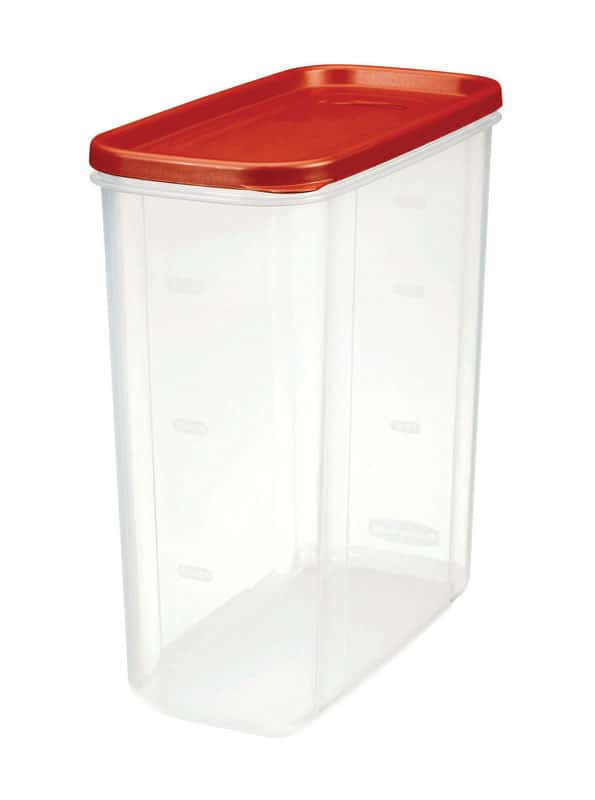- Joined
- Jul 19, 2019
- Messages
- 2,443
- Reaction score
- 6,423
- Points
- 113
I want to make a good amount of DME wort for yeast starters in advance. Will it work like it should say a week or two down the road? Anyone doing this?
If you have the knowledge and equipment, can it.I want to make a good amount of DME wort for yeast starters in advance. Will it work like it should say a week or two down the road? Anyone doing this?
Seems to me to be the most logical course of action...Ahhh forget it....I'll just make it as I need it. I don't want to risk infection in something that becomes very important in the brewing process. I appreciate the advice though. Dont fret none, I'll have more questions. Thanks!
Reconstituted DME spoils quickly - think setting wort out for all manner of bugs to get into. Best way of extending its freshness is keep it dry. It'll last nearly forever. And keep it sealed - as you noticed, it's very hydrophilic (loves water)!Since this thread seems to have come to a conclusion, I'm going to hijack it and ask @Yooper to give a little info on "DME spoils FAST". First, dumb question/assumption...I assume you are talking about still dry DME and not the wort is was used to make. How fast does it spoil and what is the best method for extending it's freshness?
I use DME for starters so, the flavor impact of stale DME wouldn't be low....I assume. I usually have an open bag of DME (in a ziploc bag) which I store it at room temperature in the basement (60-70 F/15-21 C). I used to freeze it but, that was a mess because the condensation and DME instantly formed a gooey, sticky mess.
DO NOT USE THIS METHOD! This is an excellent way to produce botulism. The bacteria spores that produce botulism will survive a boil for hours. They reproduce in a low oxygen environment, just like what is produce when canning anything, during reproduction they produce a very deadly toxin. I have heard of people using a boiling bath method, even this can lead to botulism. A boil bath can be used but only if the pH is below 4.6, the lower pH hinders the bacteria.You can also use canning jars. Put the hot wort in the jar (180 °F or above), put on the lid, and cool. The lid will seal itself due to the vapor contraction in the head space. One advantage of the canning jars is that you know that it is still sealed as long as the "button" in the middle of the lid is still depressed. You probably want to bring the jars up to temperature in a water bath to avoid shocking the jars and breaking them when adding the hot wort. No need for a pressure cooker or anything fancy using this method.
Since this thread seems to have come to a conclusion, I'm going to hijack it and ask @Yooper to give a little info on "DME spoils FAST". First, dumb question/assumption...I assume you are talking about still dry DME and not the wort is was used to make. How fast does it spoil and what is the best method for extending it's freshness?
I use DME for starters so, the flavor impact of stale DME wouldn't be low....I assume. I usually have an open bag of DME (in a ziploc bag) which I store it at room temperature in the basement (60-70 F/15-21 C). I used to freeze it but, that was a mess because the condensation and DME instantly formed a gooey, sticky mess.

Clever! Why didn't I think of that?I had a bag of DME sealed with the tie wrap used for starters in the drawer start getting a bit sticky around the top. Divided it up into the amounts I use for starters and sealed each batch in vacuum seal bags.


